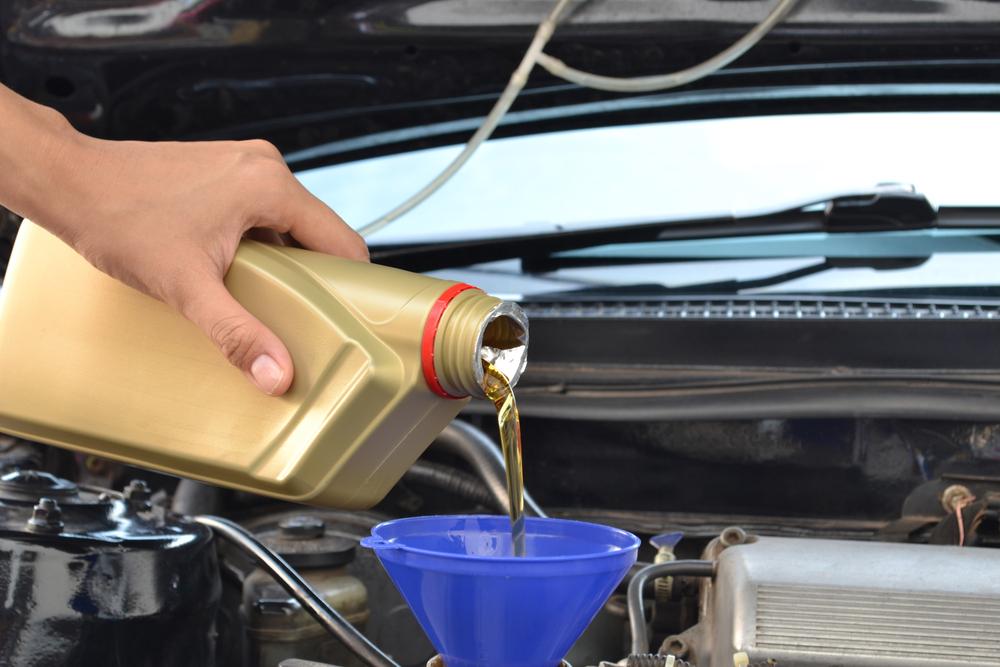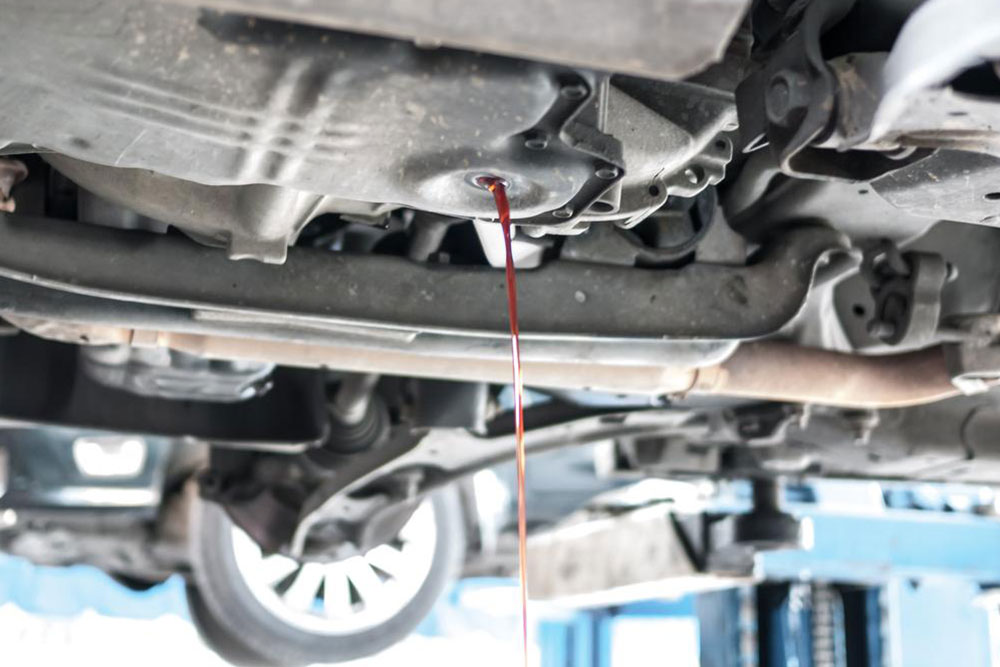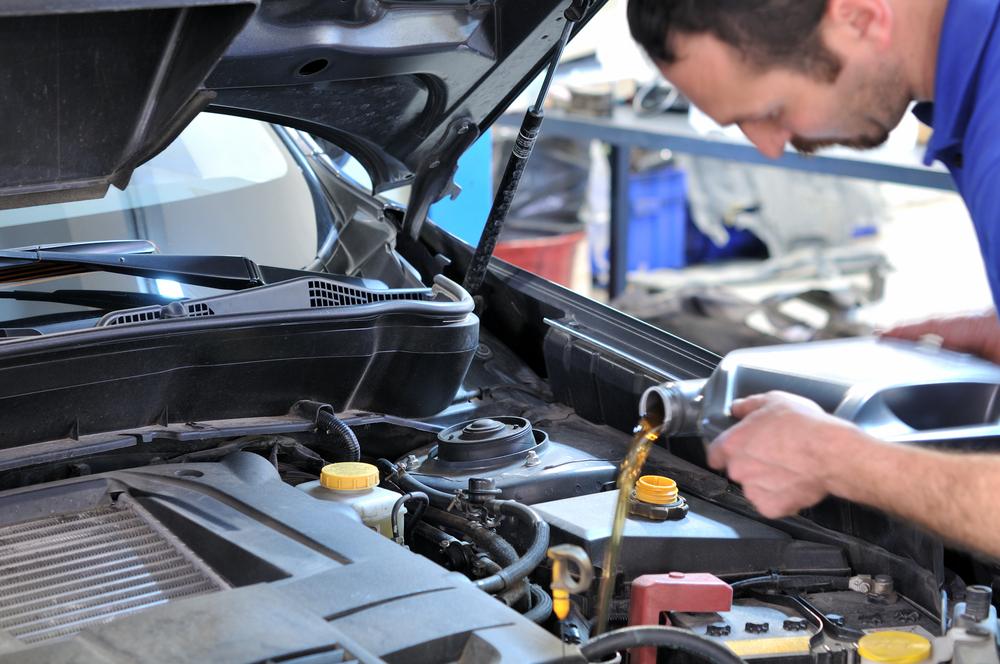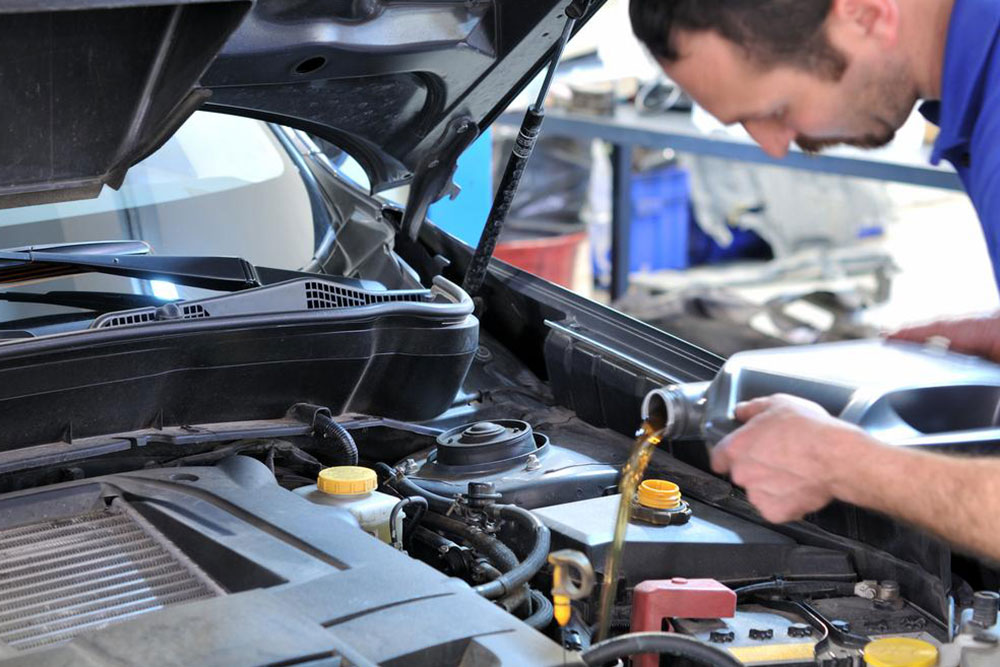Essential Guide to Knowing When to Change Your Vehicle's Oil
Discover when to change your vehicle's oil with this comprehensive guide. Learn about optimal intervals, driving conditions, oil types, and maintenance tips to keep your engine running smoothly. Proper oil change frequency enhances engine longevity, improves performance, and prevents costly repairs. Follow expert recommendations based on your driving habits and vehicle model to ensure timely oil maintenance and optimal engine health.

Essential Guide to Knowing When to Change Your Vehicle's Oil
Every vehicle owner questions the optimal time to replace engine oil. The most reliable source is your vehicle’s owner’s manual. Typically, an oil change is recommended every 4,000 miles, but as your car ages, reducing this interval to around 3,000 miles can be beneficial, depending on your driving habits. Modern cars tend to go longer between oil changes due to improved engineering. For new cars, the first service should occur within three months or at about 4,000 miles, often including a free oil change.
The frequency of oil changes depends greatly on driving conditions. Using high-quality oil extends engine life, while cheaper oils tend to degrade faster and damage engine components.
Standard driving conditions: According to Ford, drivers with typical driving routines in newer models (2008 and newer) should change oil every 4,500 miles or six months, whichever comes first.
Lightly stressed conditions: For less demanding use, such as occasional city driving or moderate loads, change oil every 3,000 miles or six months for models from 2008 onward, and every 1,500 miles or three months for earlier models.
Intensive driving conditions: Frequent off-road driving, dusty environments, towing, or prolonged idling require more frequent oil changes. For newer cars, every 3,000 miles or six months; older vehicles may need this every 1,500 miles or three months.
Driving habits impact oil lifespan: Short trips, stop-and-go city driving, and low-speed urban commuting accelerate oil deterioration. Poor oil quality worsens this, leading to potential engine damage. Regular oil changes ensure proper lubrication, help manage engine heat, and maintain optimal engine sealing. Oil also traps contaminants and by-products, which are removed during service by replacing the oil filter.
Note:
Our blog provides diverse informational articles based on research and data. While aiming for accuracy, we recommend consulting your vehicle’s manual and trusted sources for specific advice. We do not guarantee the completeness or correctness of all information, and readers should verify details before making maintenance decisions. The site may also not cover all special deals or schemes available locally.










